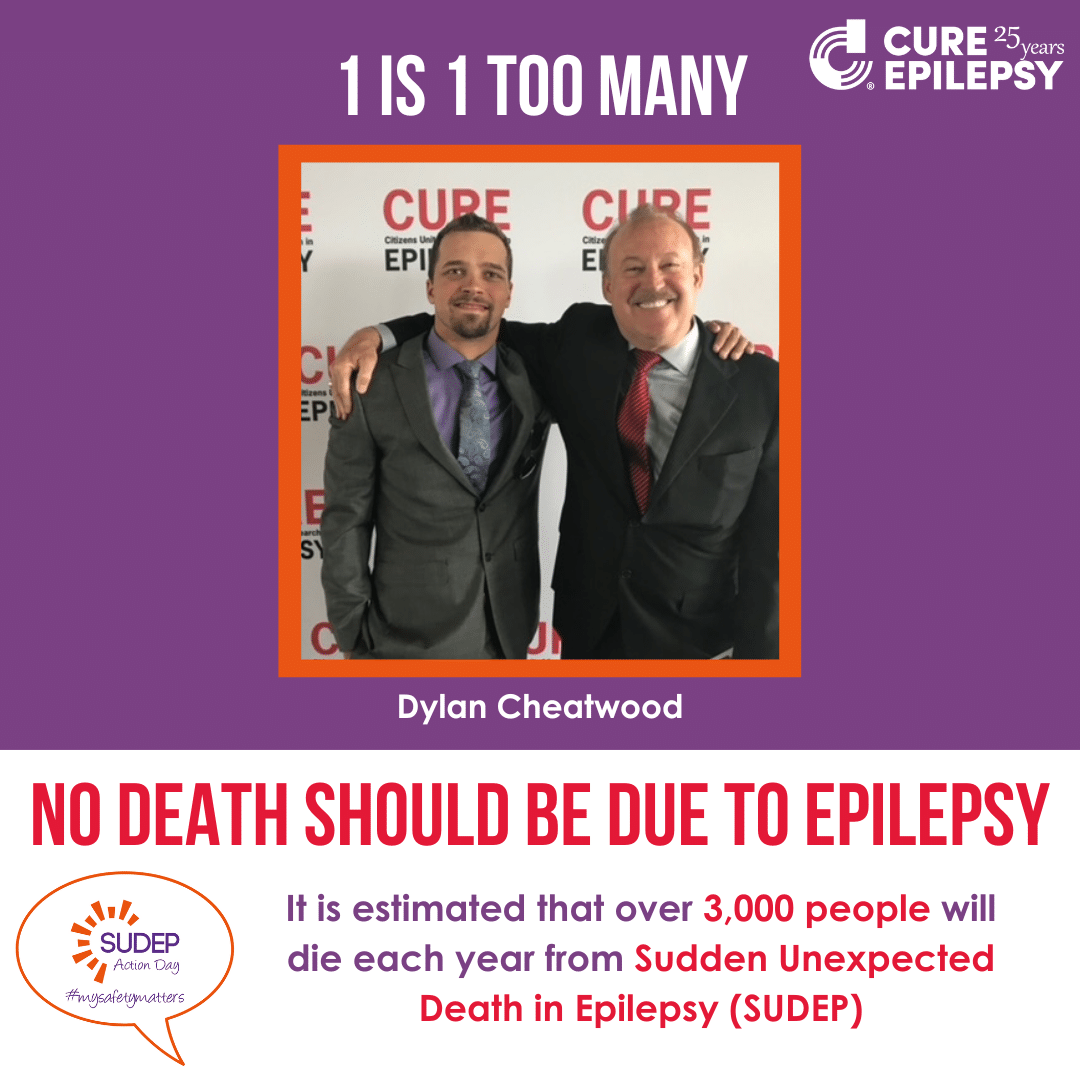A National Study of Epilepsy-Related Deaths in Scotland: Trends, Mechanisms, and Avoidable Deaths
November 2, 2021
Abstract, full article originally published in Epilepsia
Objective: This study was undertaken to investigate the trends and mechanisms of epilepsy-related deaths in Scotland, highlighting the proportion that were potentially avoidable.
Methods: This was a retrospective observational data-linkage study of administrative data from 2009–2016. We linked nationwide data encompassing mortality records, hospital admissions, outpatient attendance, antiepileptic drug (AED) prescriptions, and regional primary care attendances. Adults (aged ?16 years) suffering epilepsy-related death were identified for study using International Classification of Diseases, 10th Revision coding combined with AED prescriptions. We reported epilepsy-related mortality rate (MR), age-specific mortality ratios, multiple cause-of-death frequencies, and the proportion of potentially avoidable deaths (identified as those with an underlying cause listed as avoidable by the Office for National Statistics).
Results: A total of 1921 epilepsy-related deaths were identified across Scotland; 1185 (62%) decedents were hospitalized for seizures in the years leading up to death, yet only 518 (27%) were seen in a neurology clinic during the same period. MR remained unchanged over time, ranging from 5.9 to 8.7 per 100 000 Scottish population (95% confidence interval [CI] = ?.05 to .66 per 100 000 for annual change in MR). Mortality ratios were significantly increased in young adults aged 16–54 years (2.3, 95% CI = 1.8–2.8), peaking at age 16–24 years (5.3, 95% CI = 1.8–8.8). Sudden unexpected death in epilepsy (SUDEP) constituted 30% of the 553 young adult epilepsy-related deaths, with several other non-SUDEP fatal mechanisms identified including aspiration pneumonia, cardiac arrest, AED or narcotic poisoning, drowning, and alcohol dependence. Seventy-six percent of young adult epilepsy-related deaths were potentially avoidable.
Significance: Epilepsy-related deaths are a major public health problem in Scotland, given that they are not reducing, people are dying young, and many deaths are potentially avoidable. SUDEP is only one of several important mechanisms by which epilepsy-related deaths are occurring in young adults. Services may need to be re-evaluated to improve specialist referral following seizure-related hospital admissions.






